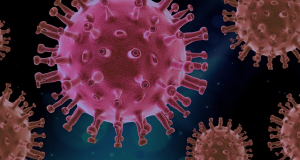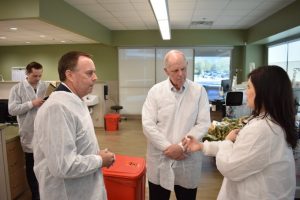The individual’s status of selenium and Coenzyme Q10 may be a decisive factor in his or her immune system’s response to the SARS-CoV-2 virus that causes the acute respiratory distress of a Covid-19 infection.

In particular, immune system cells require adequate selenium and Coenzyme Q10 to protect against oxidative stress and to modulate the inflammatory effect.
This is the conclusion of the authors of a 2021 review of the relevant research literature [Hargreaves & Mantle].
Iain R. Hargreaves, a biochemistry faculty member in the Pharmacy and Biomolecular Sciences Department of the Liverpool John Moores University, together with the medical doctor David Mantle, has written that adequate selenium status and adequate Coenzyme Q10 status may be important factors:

